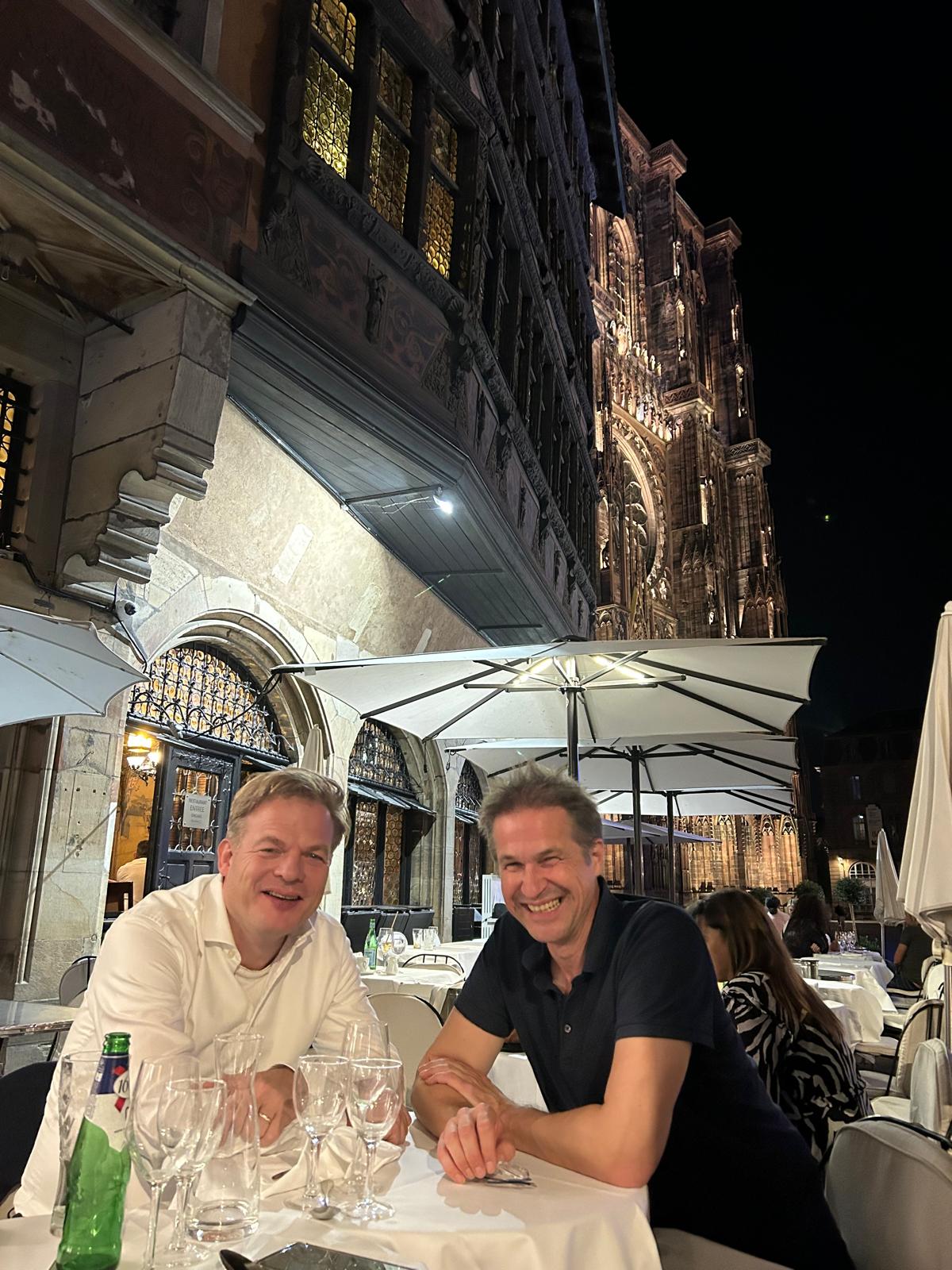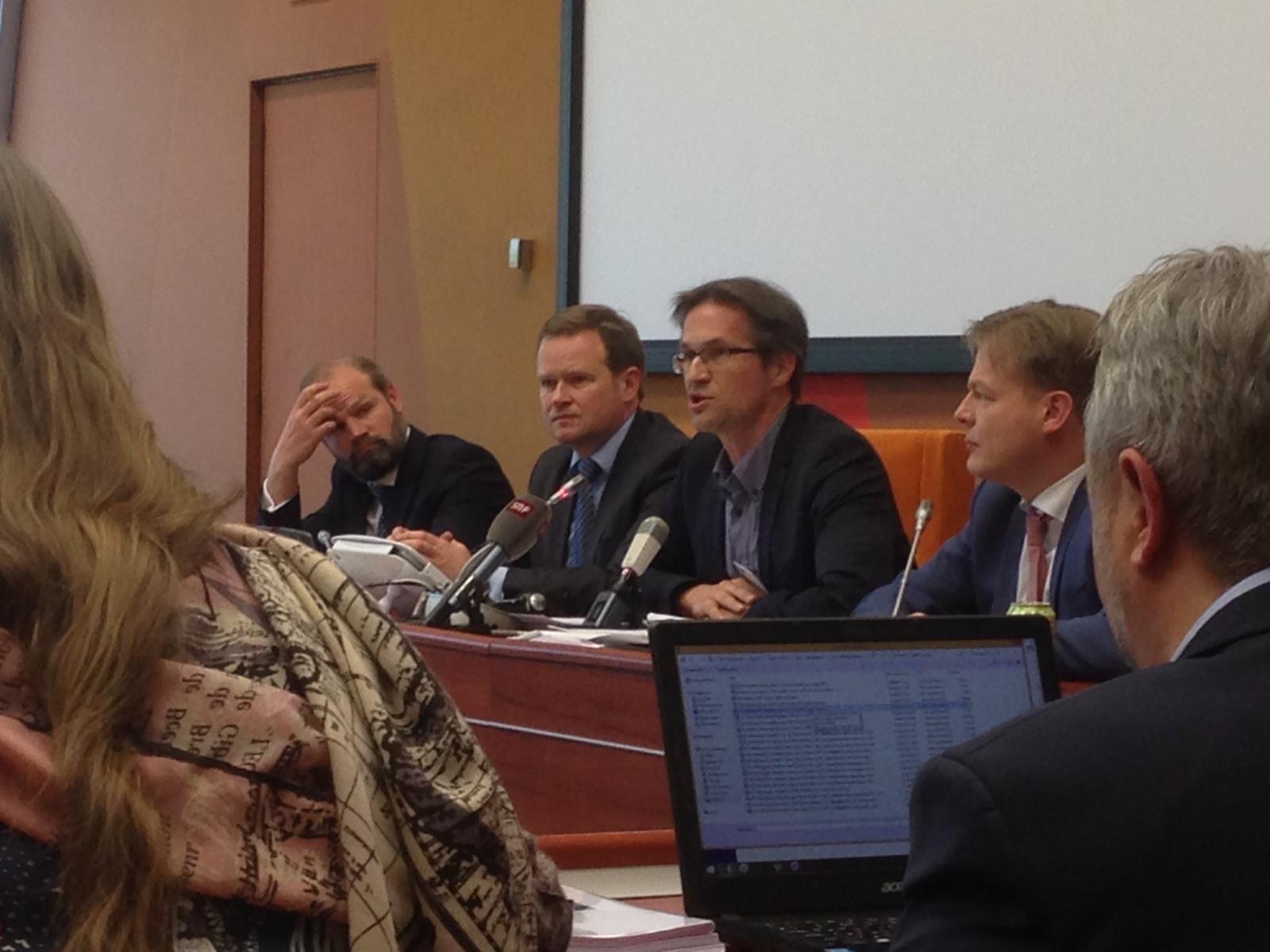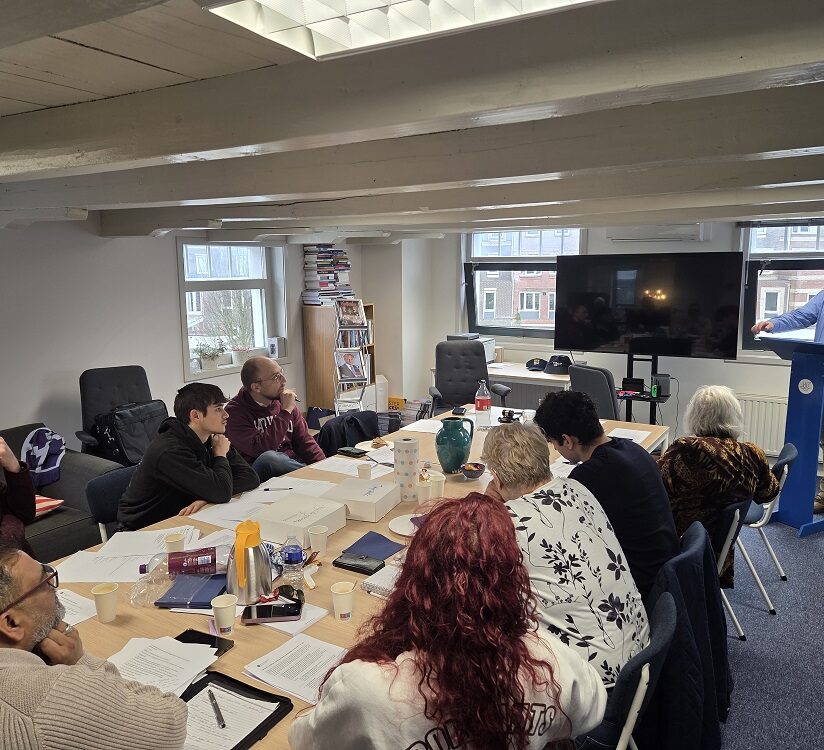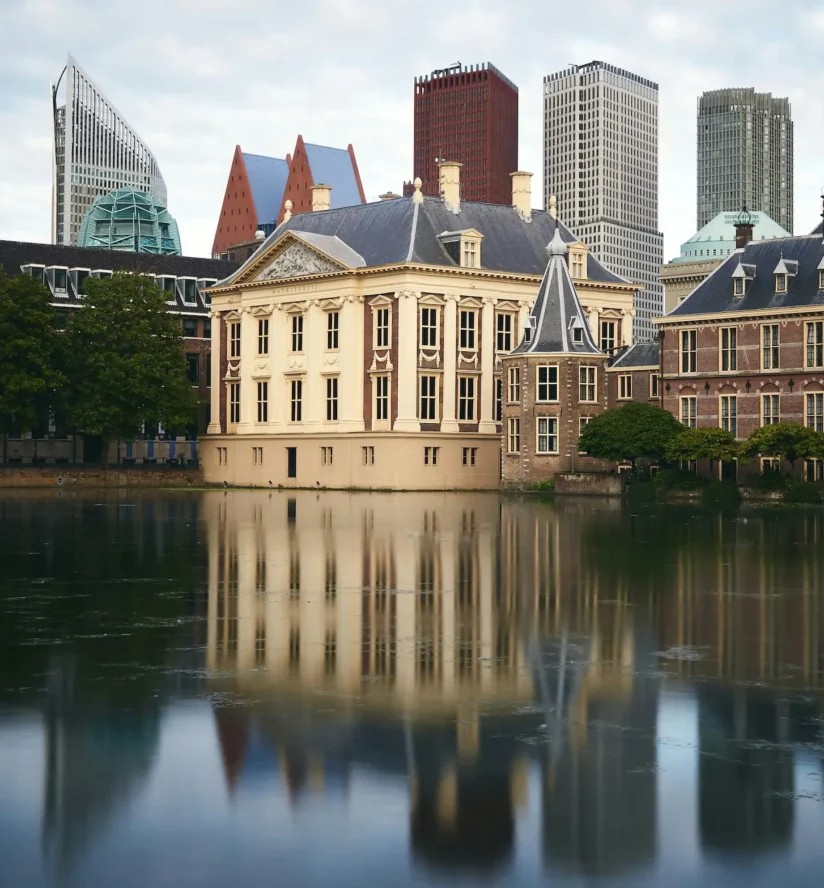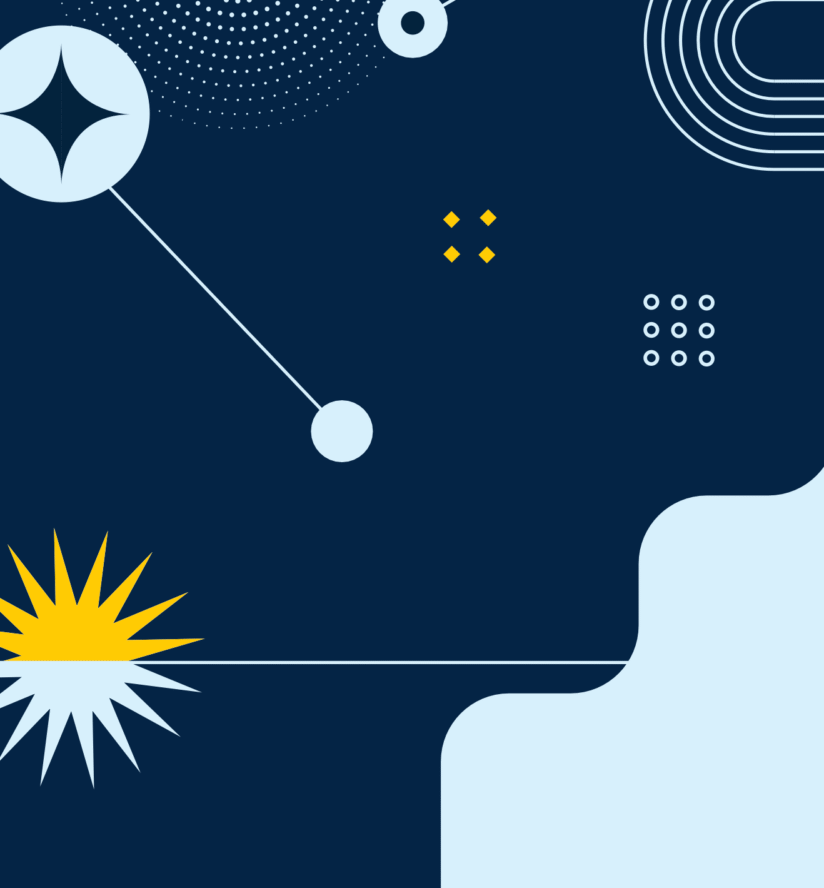[Download the full article (PDF) via ‘Download Publicatie’]
About the Balkans, caviar diplomacy and humane migration control
When Gerald Knaus and some colleagues met in a café in Sarajevo in 1999 and founded the European Stability Initiative (ESI), it was more of a leap into the unknown than a meticulously planned plan. Sarajevo was a city besieged for 1,425 days, from 1992 to 1996. The war in Kosovo had displaced hundreds of thousands of people, and the Srebrenica genocide was still fresh in everyone’s memory. “We wanted to prevent Europe from having to stop mass murder and ethnic cleansing every few years with NATO interventions,” says Knaus.
In the 25 years since ESI’s founding, Knaus has become one of the most influential independent thinkers on European stability. His work touches on many areas that at first glance seem to have little in common, such as: the reconstruction of the Balkans, exposing corruption in the Council of Europe, and designing migration policies that are both humane and effective. But according to Knaus, it’s all interconnected: “It’s always about defending the European democratic Rule of Law by translating ideals into practical solutions.”
Balkans: From impossible return to multi-ethnic democracy
When ESI began, the idea that displaced minorities would return to their villages and towns seemed completely unrealistic. Millions of people had been displaced, and entire regions ethnically cleansed. Yet, Knaus collaborated with international institutions to develop an independent mechanism for property claims. Within a few years, more than 220,000 cases were processed, and 99 percent of the properties were returned.
The result was spectacular: areas that had been mono-ethnic after the war became multi-ethnic again. Today, more than 200,000 people live safely in regions from which they had previously been forcibly displaced. “It was unprecedented in world history,” says Knaus . “It proved that principles like the right of return and international justice are not naïve, but the foundation for lasting peace.”
Since 1996, nine national elections have been held in Bosnia and Herzegovina, without a recurrence of ethnic violence. For Knaus , this proves that ideals like justice and multi -ethnicity were the only realistic path. “What seemed utopian at the time turns out to be the reason why the Balkans have not experienced war for a quarter of a century.”
The European miracle: peace through recognition of identity
Knaus emphasizes that stability in the Balkans doesn’t mean that identities have disappeared. On the contrary: “The secret of the European miracle is that we respect differences. Swedes are not Norwegians, Lithuanians are not Poles – and that’s perfectly fine. In the Balkans, too, Serbs, Bosnians , and Croats will retain their own identities. Peace isn’t achieved by denying those identities, but by rules that instill confidence that no one needs to fear the other.” Knaus says he and his daughter have written a book about this European miracle. The book will be released on October 2nd.
This message resonates all the more pertinently against the backdrop of the war in Ukraine, where Russia is violently denying that Ukrainians exist as a people. “That’s the exact opposite of what European integration has brought,” says Knaus.
Caviar diplomacy : corruption in the Council of Europe
In the early 2010s, ESI turned its attention to a completely different area: the integrity of European institutions. What Knaus discovered was shocking. While Azerbaijan was jailing increasing numbers of opposition members and journalists, the Parliamentary Assembly of the Council of Europe (PACE) praised the elections in Baku as “well-organized.” The more human rights violations there were, the more positive the reports became.
ESI’s investigation revealed a system of large-scale bribery and blackmail by Azerbaijan, which became known as Caviar Diplomacy . Parliamentarians—who were also representatives of the national people—received money, luxury gifts, travel, and other favors in exchange for supporting the regime.
To address this, ESI spent years writing reports, gathering evidence, and actively publicizing its findings through international media. Knaus and his team traveled to Baku, spoke with insiders, documented the money flows, and publicly named names. They organized debates in Strasbourg and invited parliamentarians to speak out. “We knew something was very wrong, and the only way to break through was to gather facts and publish them tirelessly,” says Knaus.
Only when Italian prosecutors uncovered evidence in 2016 of millions in payments through shady schemes did the case gain momentum. Along with Pieter Omtzigt and German SPD member Frank Schwabe , among others, Knaus forced a parliamentary inquiry. For the first time in history, a PACE chairman was forced to resign. New rules, leadership changes, and an independent investigative committee followed.
“It shows that institutions only exist thanks to people who take their values seriously,” says Knaus . “Without individuals who dare to go against the grain, even if their own party wants something different, the whole system collapses.”
Today, PACE is more active: it forced Russia out of the Council of Europe, suspended Azerbaijani members, and is putting pressure on Georgia. But Knaus warns that the governments in the Committee of Ministers are still falling short. “If the UK leaves the Council of Europe under Nigel Farage , the entire structure could collapse. Only by taking decisive action against dictatorships and human rights violations can the Council maintain its right to exist.”
Migration: between empathy and fear
The third major issue in which Knaus made a name for himself is migration. In 2015, at the height of the refugee crisis, ESI published two reports. The first proposed a concrete plan to stop the deadly crossings across the Aegean Sea; the second analyzed Viktor Orbán’s warning that uncontrollable migration flows would undermine liberal Europe.
The core of ESI’s proposal: humanitarian control. People seeking protection should be able to apply for it legally, without risking their lives in rickety boats. At the same time, politicians must demonstrate they have grip on migration, otherwise empathy will turn to fear.
The idea resonated. In March 2016, the EU and Turkey reached an agreement that drastically reduced irregular crossings. The death toll fell by 97 percent. Politically, this gave Angela Merkel the leeway to be re-elected in 2017 without having to abandon her humanitarian course.
But since the agreement collapsed after 2020, the numbers are rising again – and with them, the electoral gains of the radical right. For Knaus , the lesson is clear: “Without credible control, fear destroys the rule of law. The only choice is between humane control and inhumane control.”
His current recommendations are as concrete as they are controversial: conclude agreements with safe third countries, not with abusive states like Libya, but with partners where the UNHCR can organize reception and asylum procedures. Combine this with legal resettlement, following the example of Canada. This can break the smugglers’ business model, save lives, and restore trust in politics.
A philosophy of determination
What unites these three seemingly disparate themes—minorities in Bosnia, corruption in Strasbourg, boat refugees in the Mediterranean? For Knaus, the answer is clear: defending the European ideal.
He likes to cite Jean Monnet , the founder of European integration. Monnet wasn’t an elected politician, but a thinker and doer who offered practical ideas during crises. “Monnet wasn’t optimistic, he was determined,” says Knaus. “That should also be our motto: we shouldn’t be afraid of failure, but must do what’s necessary.”
That determination translates into the way ESI works. Knaus and his colleagues write reports that are accessible to the “intelligent fifteen-year-old”: no jargon, no assumptions that readers are already experts, but clear language and facts that are immediately applicable. “You have to treat your readers as equals,” he says. “If someone explains something to me about digital sovereignty or climate, I want them to take me by the hand from the beginning. We try to do that in our reports as well.”
Moreover, timing is crucial. Policymakers are inundated with advice, but it’s precisely during a crisis that they’re looking for concrete, credible solutions. “If you ‘re ready at that moment with a feasible proposal, inspired by ideals but pragmatically developed, then you can truly make an impact,” explains Knaus. For example, ESI literally wrote its first report on minorities in Bosnia in the days leading up to a crucial international meeting – and the document immediately became the basis for the discussion.
Finally, he emphasizes that independence is essential. “Consultants often can’t say what’s truly necessary because they work within their client’s framework. We wanted to be free to say what works and what doesn’t. That can sometimes make you unpopular, but it does give you credibility.”
For Knaus , it all boils down to a simple lesson: without clear analysis, without practical proposals, and without determination, ideals remain abstract—and cynics and autocrats win. “Only by translating ideas into actionable plans can Europe defend its values.”
Conclusion: a struggle for the Rule of Law
On October 8, 2025, Gerald Knaus will speak at the symposium in The Hague on Pieter Omtzigt’s twenty years of work at the Council of Europe. Their collaboration—from combating corruption to finding humane migration solutions—symbolizes what is needed to preserve the European legal order.
“It’s always the same fight,” Knaus concludes . “Against fear, against corruption, against the temptation of power without justice. Europe can only survive if we translate our values into policies that work.”
